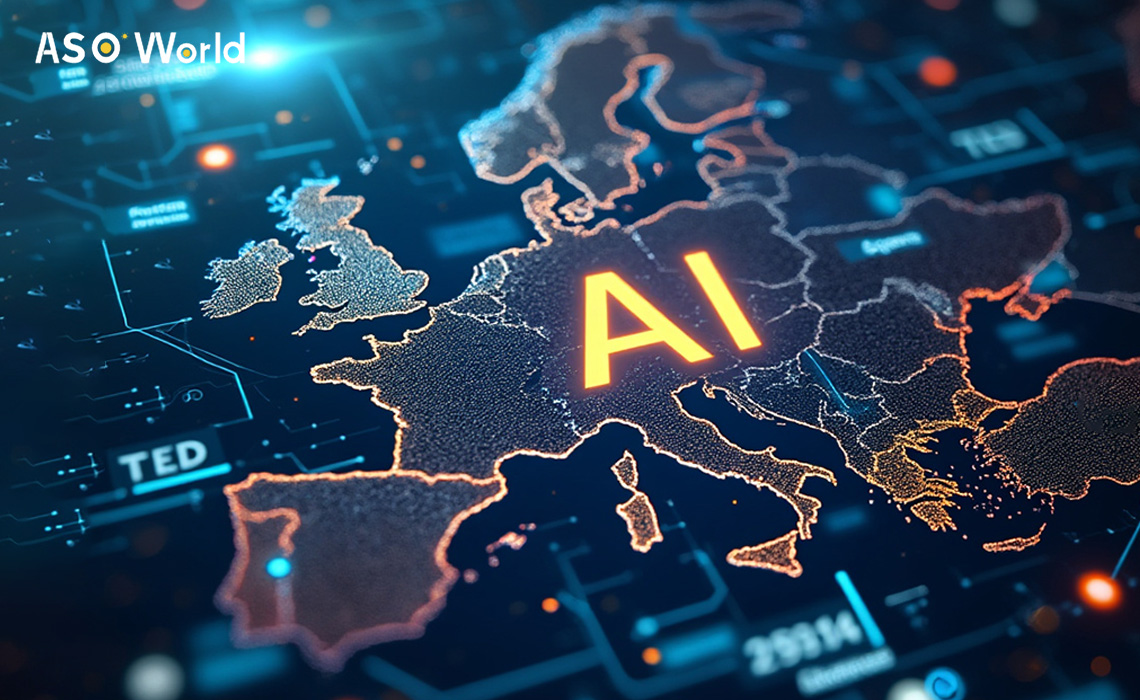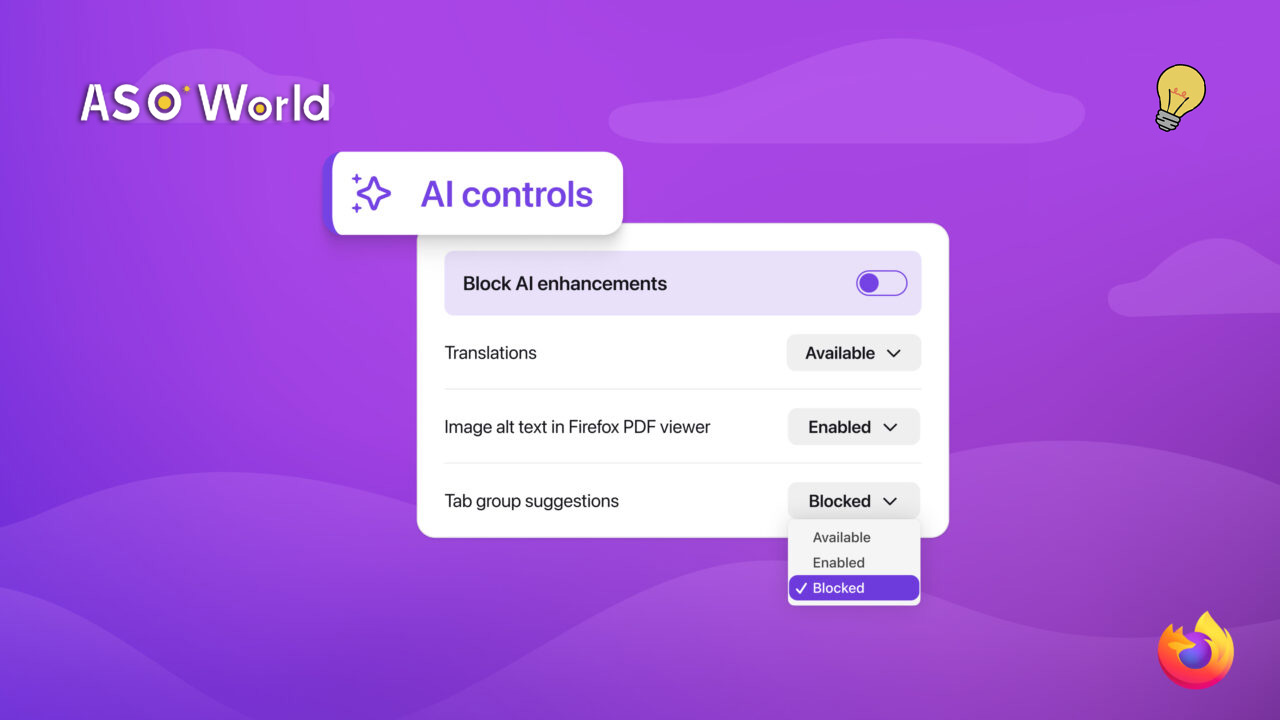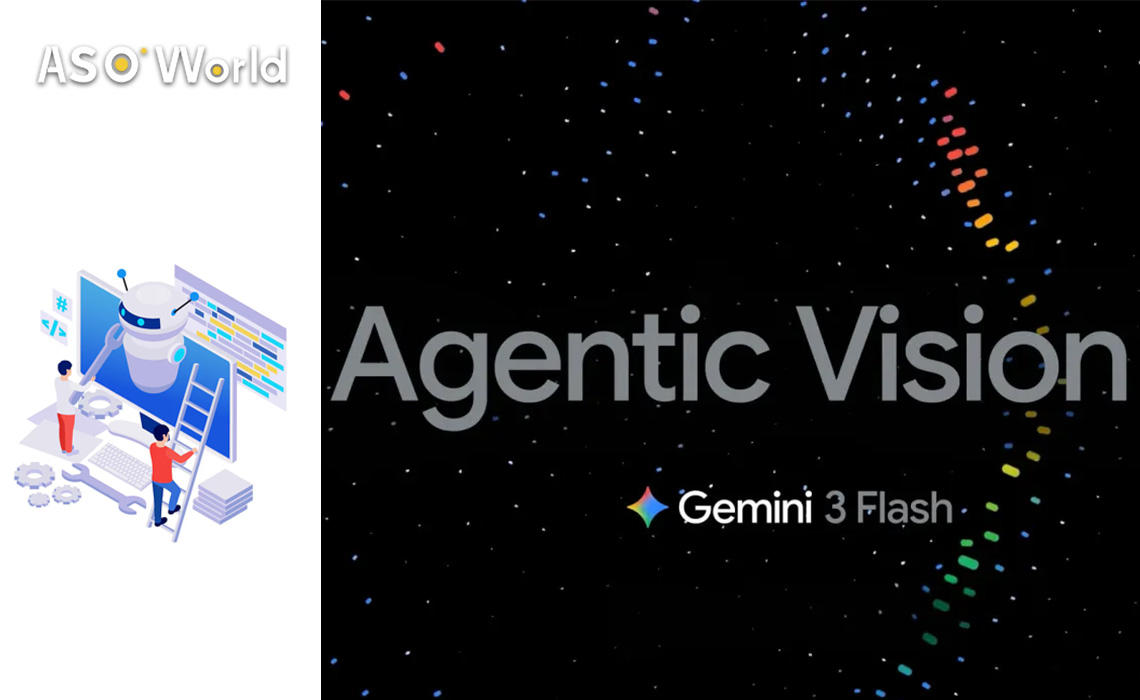The United States, United Kingdom, European Union, and several other countries have signed a landmark AI safety treaty laid out by the Council of Europe (COE).
This historic agreement, known as the Framework Convention on Artificial Intelligence and Human Rights, Democracy, and the Rule of Law, is the first legally binding international treaty aimed at ensuring AI systems align with democratic values and human rights.
A Comprehensive Legal Framework
Protecting Human Rights and Privacy
The treaty focuses on protecting human rights, including privacy and preventing discrimination. It provides a comprehensive legal framework covering the entire lifecycle of AI systems, ensuring that AI development and deployment do not infringe on individual rights.
Safeguarding Democracy
Another key area of the treaty is the protection of democratic processes. The agreement emphasizes the need for AI systems to support rather than undermine democratic institutions and practices. This includes ensuring transparency and accountability in AI decision-making processes.
Upholding the Rule of Law
The treaty also commits signatories to uphold the rule of law by setting up regulatory bodies to monitor and mitigate AI risks. These regulators will ensure that AI systems comply with existing legal standards and ethical norms.
Global Participation and Future Prospects
Current Signatories and Future Inclusions
The Framework Convention was signed by Andorra, Georgia, Iceland, Norway, the Republic of Moldova, San Marino, the United Kingdom, Israel, the United States of America, and the European Union.
Notably absent are many major countries from Asia, the Middle East, and Russia. However, the treaty remains open for future signatories willing to comply with its provisions.
Ratification and Implementation
The treaty will enter into force on the first day of the month following a three-month period after at least five signatories, including three Council of Europe member states, ratify it. This process will mark the beginning of a new era in AI governance, setting a precedent for future international agreements.
Collaborative Efforts and Expert Perspectives
Complementary Global Initiatives
The COE's treaty joins other global initiatives aimed at regulating AI, such as the UK's AI Safety Summit, the G7-led Hiroshima AI Process, and the UN's AI resolution. These efforts collectively aim to create a robust international framework for AI governance.
Expert Perspectives
COE Secretary General Marija Pejčinović Burić highlighted the importance of the treaty, stating, "We must ensure that the rise of AI upholds our standards, rather than undermining them. The Framework Convention is designed to ensure just that. It is a strong and balanced text - the result of the open and inclusive approach by which it was drafted and which ensured that it benefits from multiple and expert perspectives."
Editor's Comments
The signing of the Framework Convention marks a significant step forward in the global effort to regulate AI. By focusing on human rights, democracy, and the rule of law, the treaty sets a high standard for future AI governance frameworks.
While the absence of major countries from Asia and the Middle East is notable, the treaty's open nature allows for future inclusions, potentially expanding its impact.
This initiative, alongside other global efforts, underscores the importance of international collaboration in addressing the complex challenges posed by AI.



